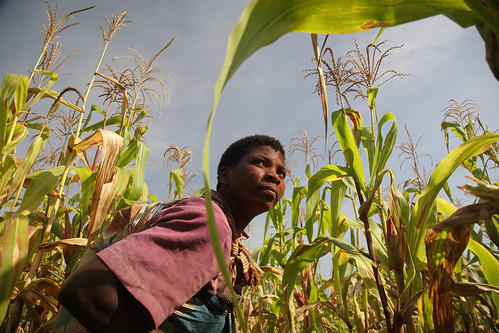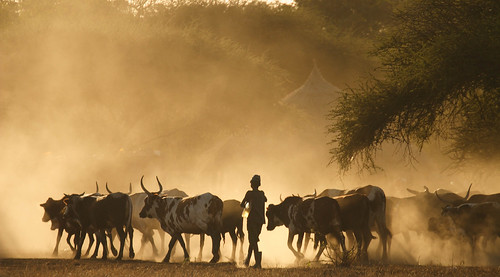
What are women’s specific needs for empowerment in agriculture? What initiatives are in place to effectively link women to markets? What are the policy, institutional, infrastructural and financial constraints affecting agricultural diversity to enhance income? What solutions exist to reduce women’s drudgery relating to agricultural operations and household needs?
These are just a few of the questions that will be up for discussion at the first-ever global conference on women in agriculture to be held on 13-15 March 2012 at the National Agricultural Science Centre (NASC) Complex, New Delhi, India.
Under the theme, Empowering women for inclusive growth in agriculture, the conference brings together women farmers, researchers, policymakers and other stakeholders from all over the world to discuss current and emerging gender-related issues in agriculture and research, as well as derive lessons for future sustainable, gender-sensitive development.
Discussions will take place under the following themes:
- assessing women’s empowerment in agriculture;
- agricultural innovations for reducing drudgery;
- linking women to markets;
- the role of women in household food and nutritional security;
- policies and services to increase women’s access to assets, resources and knowledge;
- the impact of and responses to climate-change related risks and uncertainties; and
- strengthening capacity building and partnerships.
At the conference, the International Livestock Research Institute (ILRI) will be represented by Jemimah Njuki, leader of the Poverty, Gender and Impact team. She is one of the speakers at the parallel session on linking women to markets.
The conference is organized by the Indian Council of Agricultural Research (ICAR) and the Asia‐Pacific Association of Agricultural Research Institutions (APAARI) with support from the Global Forum on Agricultural Research (GFAR) under the Gender in Agriculture Partnership.
For more information, please visit the conference website.


